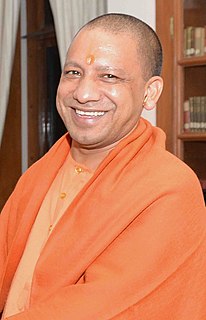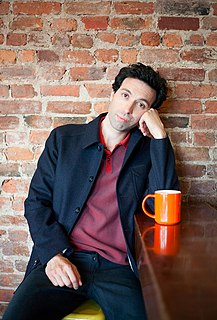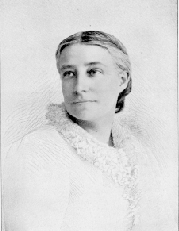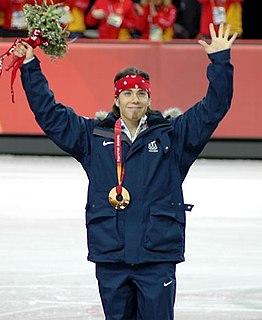A Quote by Yogi Adityanath
I don't have a personal life. Whatever I have is for the country and society.
Related Quotes
People probably long for something genuinely personal in a society where the personal is often indistinguishable from the "personalized." Maybe the poetry audience member is searching for his or her own "personal space" and they expect the poet to be a sort of avatar of the private life. But that sort of representation is distasteful to me. Asking a poet to represent the personal life is, paradoxically, to turn the poet into something other than a person.
Since the social victim has been oppressed by society, he comes to feel that his individual life will be improved more by changes in society than by his own initiative. Without realizing it, he makes society rather than himself the agent of change. The power he finds in his victimization may lead him to collective action against society, but it also encourages passivity within the sphere of his personal life.
I don't think your personal life has anything to do with your professional life. They are separate things. Whatever is happening at home shouldn't be carried to work. Everyone has his/her own journey. Some revel in the fact that they derive that from personal contentment, and others draw it from extreme sorrow.
It's amused me the writers who have assumed that I was referring to a hateful quality of society in the '80s. I think that degree of hatefulness is pretty much steady throughout human history. To me, it's just an amusing sense of self-deprecation - my hateful years. It was entirely personal; it was my personal, hateful years, when I most overtly tried to lash out at society. As I used to say: it was an attempt to burn society down to the ground.
... we have almost succeeded in leveling all human activities to the common denominator of securing the necessities of life and providing for their bundance. Whatever we do, we are supposed to do for the sake of "making a living;" such is the verdict of society, and the number of people, especially in the professions who might challenge it, has decreased rapidly. The only exception society is willing to grant is to the artist, who, strictly speaking, is the only "worker" left in a laboring society.


































